Following the playbook of Taiwan’s Foxconn and others, South Korea’s Hyundai has announced a $21 billion investment plan for the United States.
At an event at the White House, Trump and Hyundai Chairman Euisun Chung on Monday announced that the investment would include a steel plant worth $5.8 billion in Louisiana and $9 billion to expand production of cars under Hyundai, Kia, and Genesis brands in the United States. The rest of the money would go towards expnding renewable energy supplies, building more electric vehicle (EV) chargers, and research on robots and autonomous driving, according to The New York Times.
Before Hyundai, contract-manufacturer Foxconn had said it’s considering increasing US production to minimise the impact of Trump’s tariffs.
Trump has said he would soon impose tariffs on automobiles and semiconductors. He has already imposed 25 per cent tariffs on steel and all goods made in Mexico and Canada.
Hyundai’s new steel plant is expected to 1,400 new jobs. Its steel would be used to make EVs at Hyundai’s two existing plants in the country.
Hyundai already has a substantial presence in the United States. It is a leader in EVs and competes directly with Tesla, which is owned by Trump’s principal ally Elon Musk. Separately, the company is already in the process of investing $5 billion to make EV batteries in a tie-up with South Korean battery-maker SK On.
In the wake of Trump’s tariffs’ threats, numerous companies have announced similar investments. In December, SoftBank announced investment of $100 billion in the United States in the next four years. In January, Jeep-maker Stellantis has announced the reopening of long-shuttered plant in Illinois. The same month, OpenAI, SoftBank, and Oracle pledged to invest $500 billion under a project name ‘Stargate’ to create infrastructure, such as data centres, to power artificial intelligence (AI) applications over the next four years. Last month, Apple said it would invest $500 billion to expand manufacturing and facilities in the United States over the next four years.


)
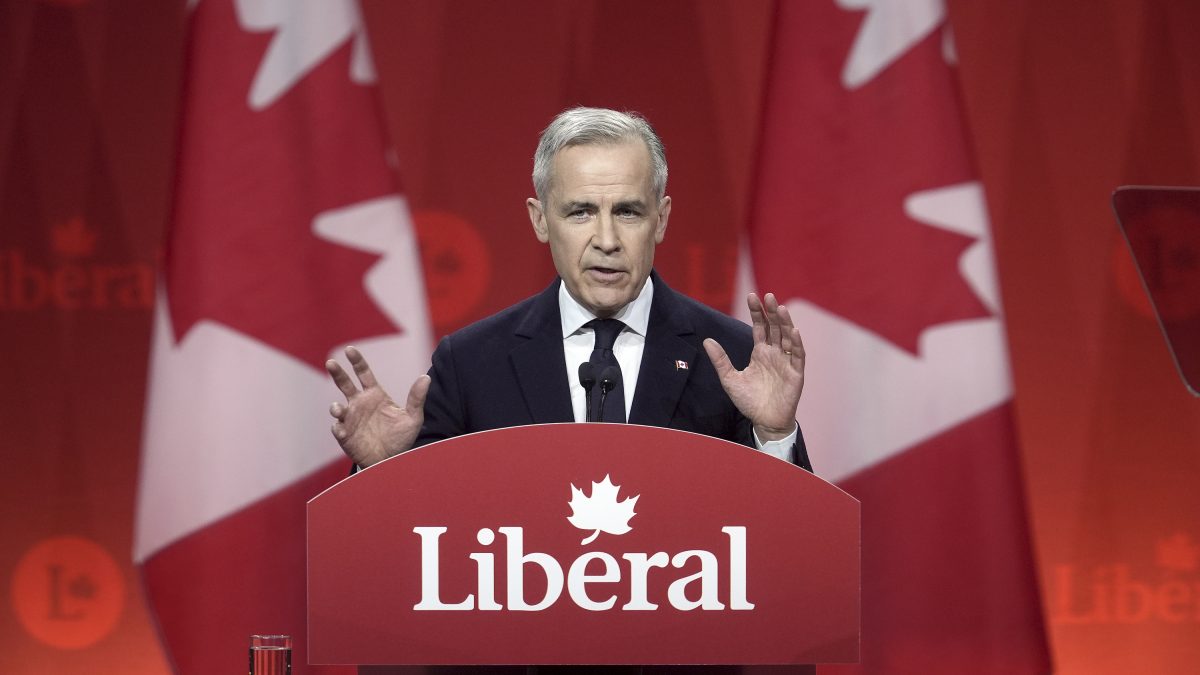)
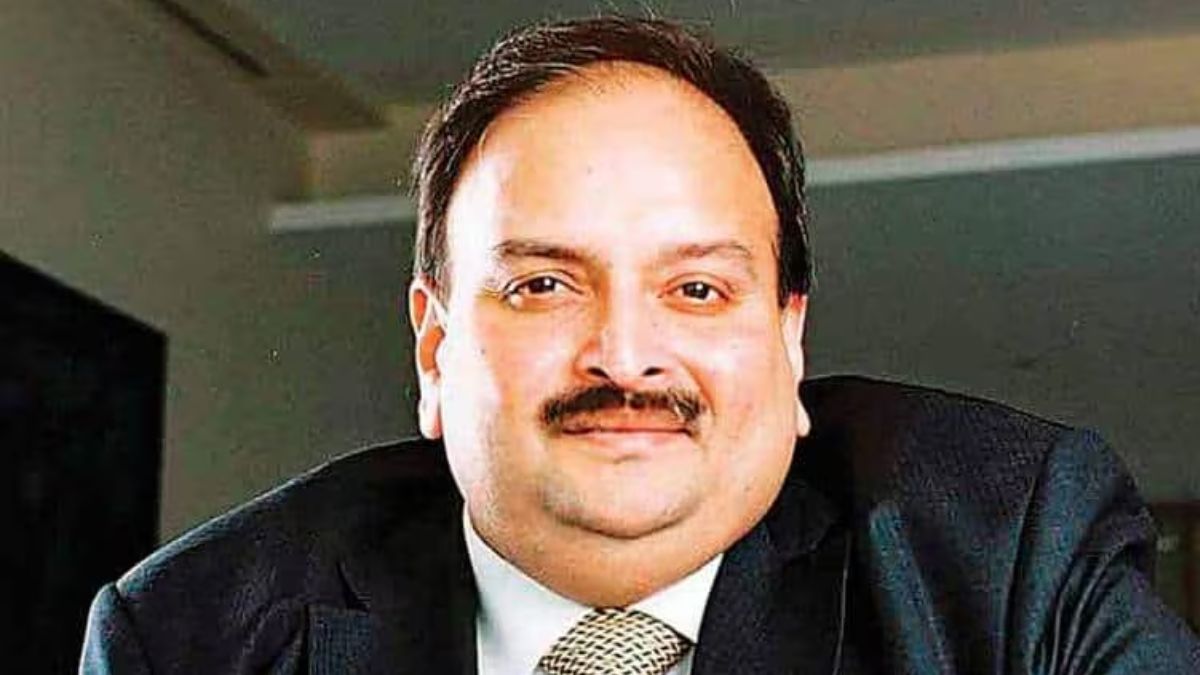)
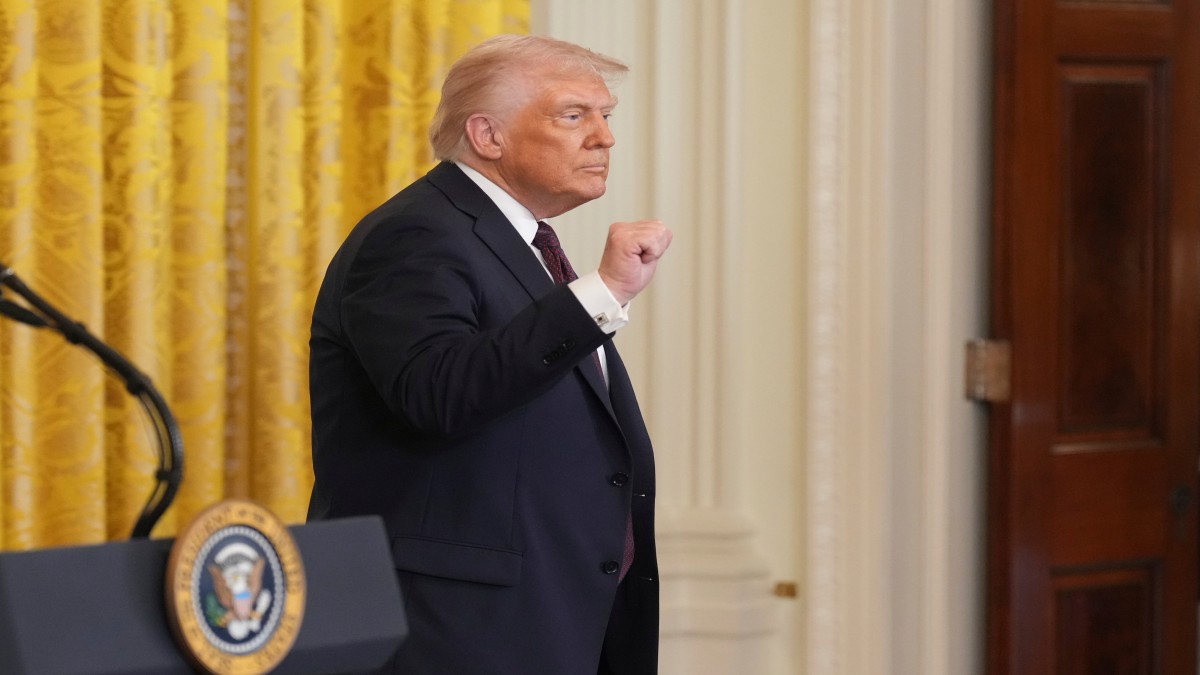)
)
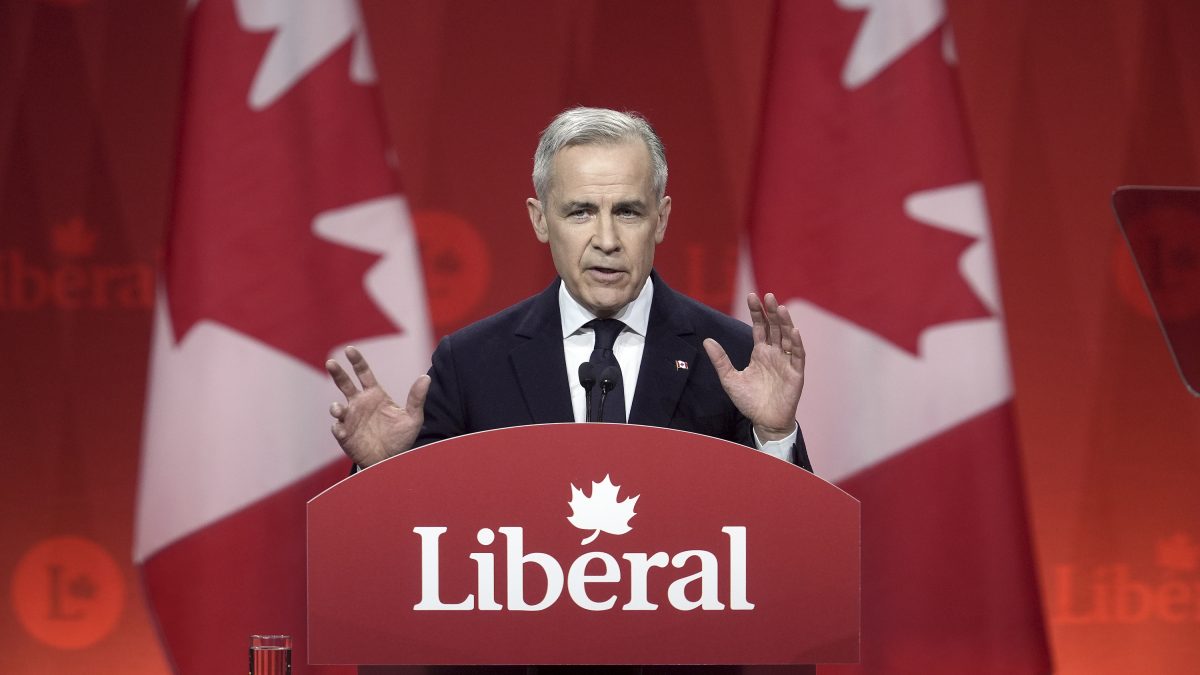)
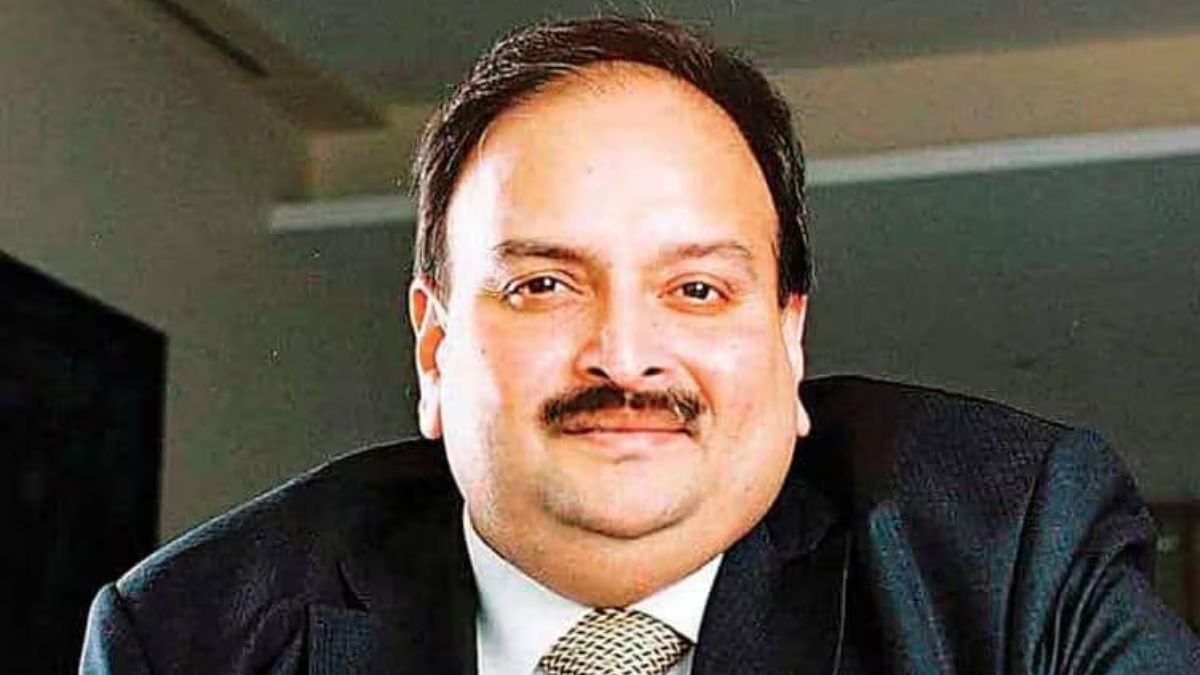)
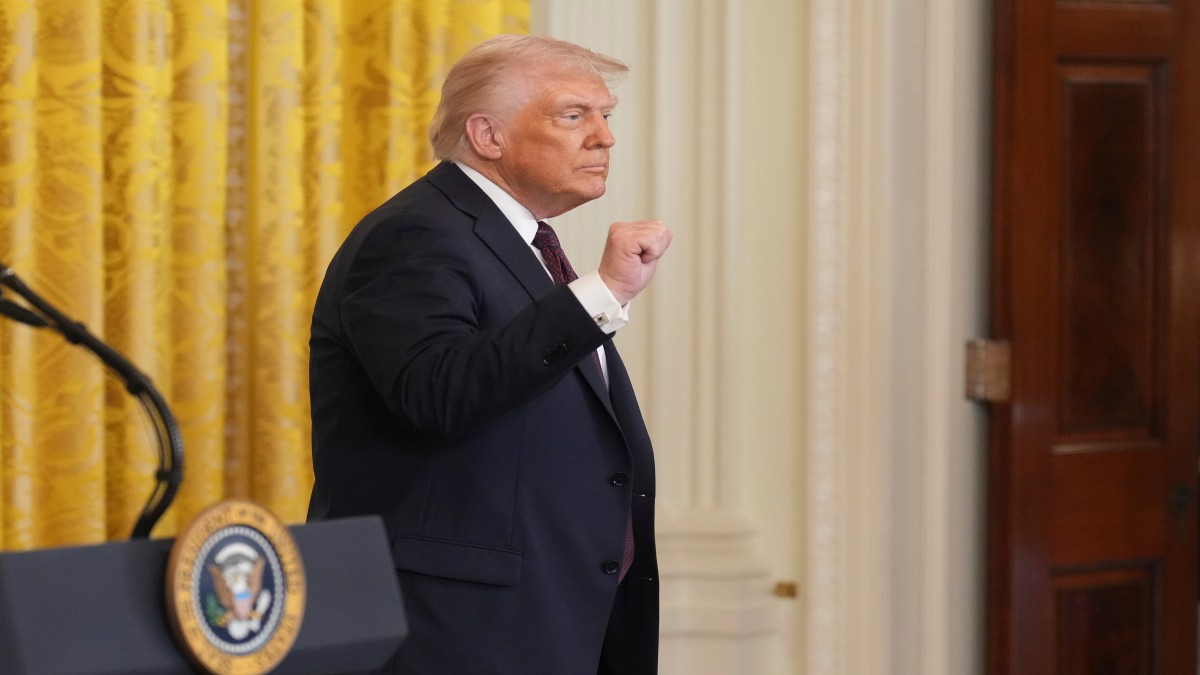)
)



